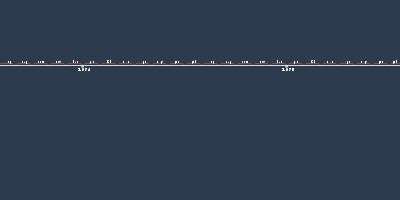Stop-Go economics (1 gen 1957 anni – 1 gen 1964 anni)
Descrizione:
Inflation became a rising issues particularly towards Macmillan's time as Prime Minister. Eden became aware of Britain's economic issues after 1955. Butler made some emergency measures to reduce local authority building and increase indirect taxation after a giveaway budget. Eden recognised the need for tackling inflation threats towards the end of his premiership, and so did little about it.Macmillan had to tackle these issues. This marked a time where the Conservative party began to discus what would later be known as monetaristic and Thatcherite policies, particularly with Peter Thorneycroft (Macmillan's Chancellor of the Exchequer). However Macmillan opted for the Stop-Go policy that would run the late 50s economy.
Stop-Go:
Stop:
When imports exceed exports leading to a balance of payment crisis, interest rates are increased and wages are frozen. Therefore people spend less and output decreases due to the demand falling.
Go:
After this the government controls are removed-wages are unfrozen and interest rates are decreased. This causes demand to rise and people to spend more. This increases the number of imports which could lead to a balance of payment crisis.
Macmillan's one-nation Conservative view on the economy led Thorneycroft to resign in 1958. Macmillan shrugged the resignation of as 'a little local difficulty'.
Reginald Maudling, who was Chancellor of the Exchequer in 1963, pushed the economy into the 'go' phase by lowing the bank rate. Britain's growth rate increased from 4% in 1963 to nearly 6% in 1964.
Aggiunto al nastro di tempo:
Data:
1 gen 1957 anni
1 gen 1964 anni
~ 7 years

